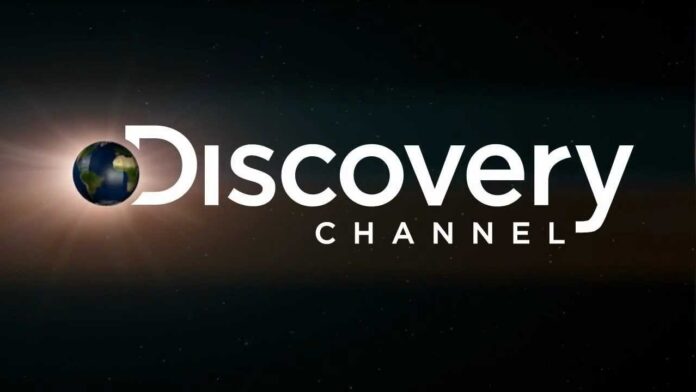A few years ago I was in Cannes trying to sell some of my documentaries. I remember talking with a buyer from the US Discovery Channel who , after looking at a couple of my docos ,said “They’re good Bryan and I’ll take that one you’ve made on dinosaurs in New Zealand , but I have to say your work is too factual”
“What?” I said feeling my jaw starting to drop. “ I’m the business of telling factual stories . Isn’t unpacking and revealing the truth a good thing?”
“Put it this way” the buyer said “ My audience would much prefer to watch a programme that suggests Flying Saucers might exist and there might have been a gpvernment cover up , than one that proves they definitely do not exist.”
Social media can be a platform for promoting ideas in the public good.It can also be a platform for spreading gossip, lies and conspiracy theories .
Many years ago when I was a teacher one of the activities I would do with my students was to have them study advertising. What were the tricks of persuasion they employed? How can you separate fact from fiction?
The internet has made that last question much more complicated and I don’t envy today’s teachers trying to educate our young people about how not to swallow as truth everything they read, particualarly on social media.
.
One simple way of course is to cross check the facts.
Yes I know that can be time consuming, but learning how to do a quick search on the internet is a skill you can learn, I certainly wish I had been taught at school that remembering the right answers is far less important in life than how to ask the right questions.
Bryan Bruce is one of NZs most respected documentary makers and public intellectuals who has tirelessly exposed NZs neoliberal economic settings as the main cause for social issues.






Yes, Bryan.
Millions of Americans are going to their deaths believing in aliens have been coming to the Earth from distant galaxies to observe and play games with humans, and believing dinosaurs and humans coexisted. Many die believing they lived in the greatest nation on Earth, and probably can’t understand why there isn’t a magic pill that rectifies all medical conditions.
Perhaps the best one of all is the belief that one American with a low-power hand gun can deal with 5, 10, 20 well-armed Russians/Chinese/Koreans/Arabs/Iranians etc. and suffer just a few scratches that disappear the moment the important girl is hankering to be kissed.
Sadly, a lot of New Zealanders have bought into the American fantasy world, in which eating fast food, drinking Coke and driving like a maniac is a recipe for success.
So the rapidly accelerating collapse of the US will bring many good things, including the drying up of the supply of drivel emanating from the US that is broadcast here as information and entertainment.
Obviously those in NZ who are addicted to nonsense are going to suffer withdrawal symptoms for a while, and will either discover what life is really about or will die wondering why the great sky god didn’t do more to save them.
” Sadly, a lot of New Zealanders have bought into the American fantasy world, in which eating fast food, drinking Coke and driving like a maniac is a recipe for success ”
You nailed it succinctly.
Printing words on paper can be a platform for promoting ideas in the public good. It can also be a platform for spreading gossip, lies and conspiracy theories. Printing words on screens is no different. It’s always been necessary to read critically if you don’t want to be misled. Nothing has changed in that regard, except the breadth of reading material instantly available to the average person via the public library of planet Earth (ie the internet).
The datafarms (corporate social media platforms) are a different story though. They’re not just automated librarian bots that fetch us the article we asked for by clicking on a link. They’re complex behaviour modification engines, designed to keep us on the platforms longer so we’ll see more ads, and break down our critical thinking and inhibitions so we’re more likely to buy stuff. Since anger is one the emotions that’s most effective at getting people engaged and impulsive, the datafarms mostly function as outrage machines.
It’s not inevitable that datafarms are the dominant channels on the internet. We collectively choose how much power they have, by choosing how and where we spend our time online. Even if we choose to spend time on the datafarms, we can choose not to economically reward them for engineering them to be outrage machines:
https://shouldiblockads.com/
Comments are closed.